Near the end of his life, John, one of the disciples of Jesus, wrote the Book of Revelation from the island of Patmos. John wrote, “Blessed is the one who reads aloud the words of this prophecy, and blessed are those who hear it and take to heart what is written in it, because the time is near” (Revelation 1:3 NIV). Revelation is apocalyptic literature intended to bear witness to the intense circumstances under which Christians were living and provide prophetic hope for what the future might hold, if the listeners “take to heart what is written in it.”
The British documentary film (available on Netflix), A Life on Our Planet, is David Attenborough’s self-proclaimed “witness statement,” his very own apocalyptic letter to the congregation of humanity.
A Life on Our Planet: What to Expect
In 1952, David Attenborough joined the fledgling television wing of BBC to begin producing and presenting nonfiction broadcasts. Since then, Attenborough has spent his life documenting the wild. At 93 years old, A Life on Our Planet is both a look back over what has changed during a relatively short span of time (in the grand scheme of the Earth’s life) and a look forward. This approach aims to both challenge and encourage viewers.
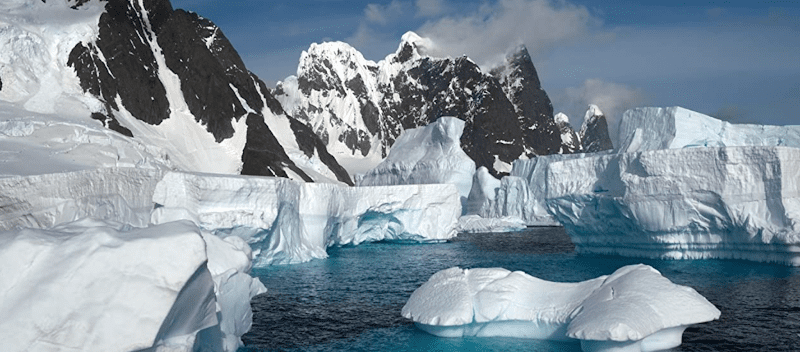
Much like the Book of Revelation, Attenborough’s documentary begins by giving viewers an update on the state of things. He provides an incredible wide-span view of how interconnected everything is. He states this fundamental truth, “We are ultimately bound by and reliant upon the finite natural world around us.”
It’s been a while since the last mass extinction on our planet. For the last 10,000 years, Earth has existed in the serene state of what scientists call the “Holocene,” an epoch in Earth’s existence during which there had only been small-scale climate shifts, which allowed an incredible amount of biodiversity to evolve.
“The Holocene is our Garden of Eden,” Attenborough declares, and yet due to a rapid change in how we operate as a species, we’ve accelerated dramatic changes on Earth. “If we do things that are unsustainable,” says Attenborough, “the damage accumulates, ultimately until the whole thing collapses.”
Finding the Love: Faithifying Your Viewing
The word “apocalypse” comes from a Greek word, which literally means “an uncovering,” a revelation of something that was hidden but is now being brought out into the open. The call from the one who delivers wisdom and prophecy is a challenge: Now that you know, what will you do? How shall you live?
The Book of Revelation can be frightening, because the world in which the Christians found themselves in was frightening: people were being martyred for confessing Jesus, the current emperor wanted to kill followers of Christ, and the communities of believers who found themselves under the weight of oppression had begun to wonder, is this really worth it? John writes, yes, it is, because on the other side of all of this suffering, “‘He will wipe every tear from their eyes. There will be no more death’ or mourning or crying or pain, for the old order of things has passed away” (Revelation 21:4 NIV).
The Kingdom of Heaven is a “now-and-later” kind of place. As followers of Jesus, we’re called to work to bring the Kingdom of Heaven to earth, and we’re also told to anticipate an eternity of paradise. Sometimes we neglect the nearness of the Kingdom of Heaven and the urgency of the work to bring God’s Kingdom to earth.
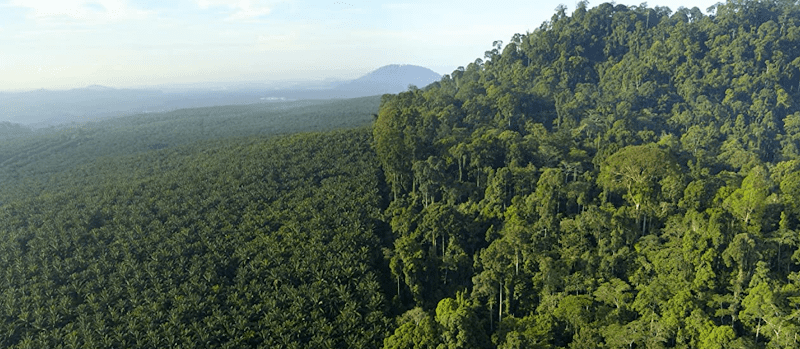
After God goes through great care to craft the living and nonliving world we inhabit, “The Lord God took the man and put him in the Garden of Eden to work it and take care of it” (Genesis 2:15 NIV). However, He put a few parameters in place for Adam and Eve. “And the Lord God commanded the man, ‘You are free to eat from any tree in the garden; but you must not eat from the tree of the knowledge of good and evil, for when you eat from it you will certainly die’” (Genesis 2:16-17 NIV).
Attenborough’s message is that “we will keep consuming the earth until we have used it up.” We have been eating from every tree in the garden. Potentially within our children’s lifetimes, “Our Garden of Eden will be lost.”
I certainly want to leave our children a Kingdom of Heaven – a wondrous world filled with God’s natural beauty here on earth.
“I would certainly feel very guilty if I saw what the problems are and decided to ignore them,” Attenborough shares. This is the work of witness, the same work that John did from the island of Patmos, and the same work Jesus calls each of us to do: bear witness to the truth and help find a better way.
Like John, Attenborough does not leave his viewers in dread and despair (although I certainly felt both of those things). There is a way forward. Nature is resilient. John does the same in the last chapter of Revelation: “Then the angel showed me the river of the water of life, as clear as crystal, flowing from the throne of God and of the Lamb down the middle of the great street of the city. On each side of the river stood the tree of life, bearing twelve crops of fruit, yielding its fruit every month. And the leaves of the tree are for the healing of the nations” (Revelation 22:1-2 NIV).
The prophets were never afraid to speak the truth to power, even if their voices trembled. They rained down words of conviction and gave the grim facts of the wrongs people were doing, and then they casted a vision for hope. “Repent, for the kingdom of heaven has come near,” Jesus preached in Matthew 4:17. To repent is to turn away, to see the wrong way you’ve been walking and do an about face.
In this way, Attenborough is a modern-day prophet for creation. He gives the hard truth of our situation and provides hope for how we can turn it around.
“A species can only thrive when everything else thrives too,” Attenborough says. “This isn’t about saving our planet. This is about saving ourselves.”

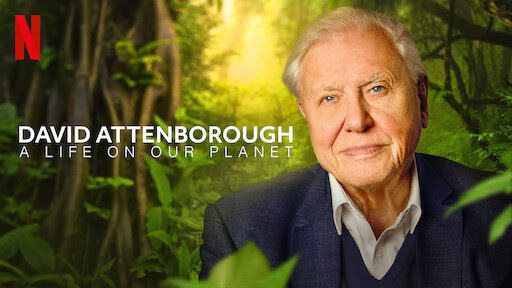

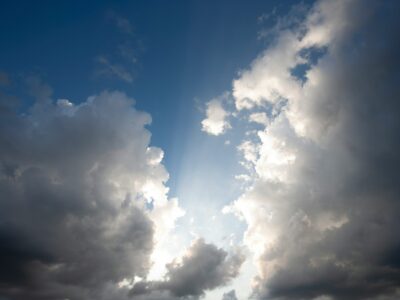
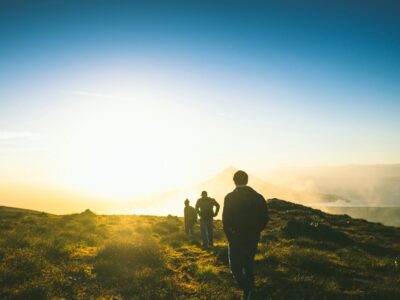
 Copyright
2024
Root and Vine
Copyright
2024
Root and Vine